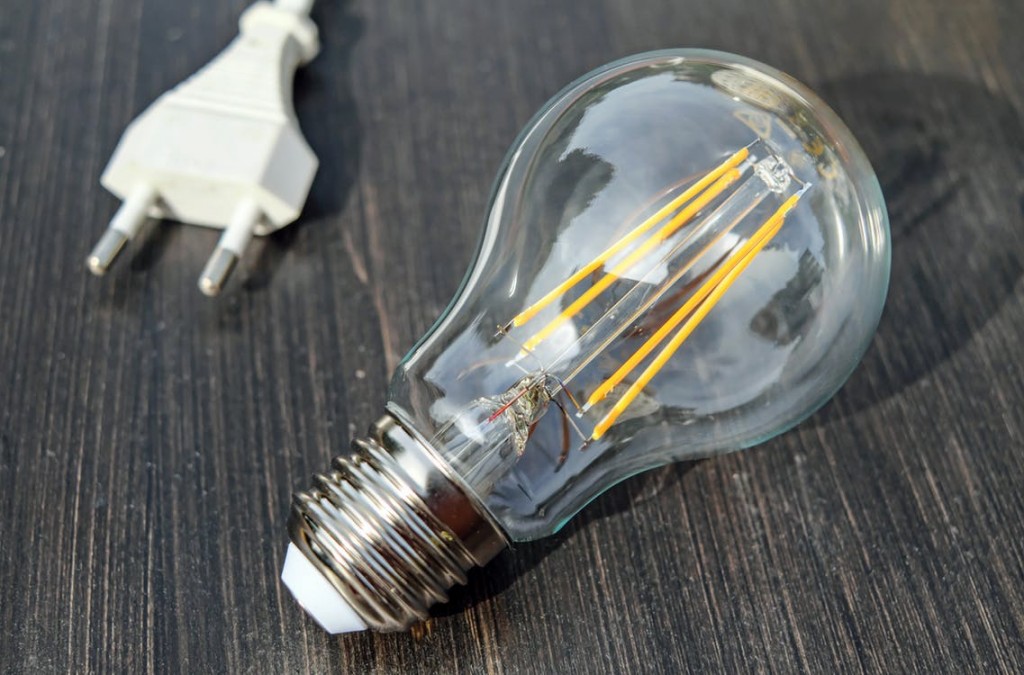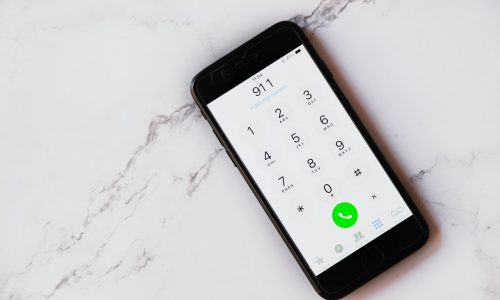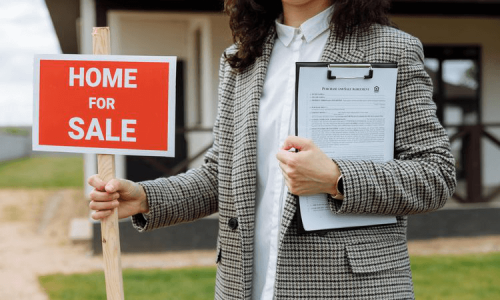-
Lot Size18,296 sqft
-
Home Size2,733 sqft
-
Beds4 Beds
-
Baths3 Baths
-
Year Built2003
-
Days on Market4
How to Save Money: Things a New Homeowner Should Do
- Real Estate Tips
- July 17, 2017
 You just bought your new home and you’re ready to move in. It probably wasn’t cheap, so you aren’t looking to spend more money where you can definitely save. You’ve bought energy efficient appliances, you’ve got the LED/CFL light bulbs, and you’re ready to go. While those can save you money for your energy costs, what if there were more ways you could save money on the energy, water, and heating bills of your home? Here are some important things to know as a new homeowner that will save you money on your bills.
You just bought your new home and you’re ready to move in. It probably wasn’t cheap, so you aren’t looking to spend more money where you can definitely save. You’ve bought energy efficient appliances, you’ve got the LED/CFL light bulbs, and you’re ready to go. While those can save you money for your energy costs, what if there were more ways you could save money on the energy, water, and heating bills of your home? Here are some important things to know as a new homeowner that will save you money on your bills.
Check the insulation
If your attic is unfinished, take a look to see how much insulation is up there. Typically, you should have about six inches of it everywhere.
Lower the hot water heater
The optimum temperature is around 120 degrees Fahrenheit. Any hotter could scald yourself or a child.
Invest in a water heater blanket
Most modern water heaters are well insulated while older water heaters aren’t at all. Investing in a water heater blanket will gradually save you money on your water heater bill.
Ceiling fans
This could be a low-energy way to keep air moving in your home. You could get away with keeping your thermostat a degree or two higher and lower during the different seasons because of improved circulation.
Wrap exposed water pipes
If your hot water pipes are exposed, they can lose heat as they move water from your heater to a faucet/shower. Especially if you have a cold basement or garage, wrapping water pipes in pipe insulation could make a difference in the temperature of your water.
Programmable thermostat
This allows you to schedule increases and decreases in your homes temperature. They are fairly easy to use and schedule, especially if you have a regular routine. This could save on wasted energy.
Replace air filters
You almost always need to replace the air filters when you move into a new home. An outdated filter can have a negative impact on your air flow, which requires more energy to pump out air.
Clean vents
Cleaning your vents will help improve the air flow in every room which reduces the amount of air blowing that happens. Anything blocking the vent will cause your heating and cooling to work overtime.
Check all toilets and under-sink plumbing
Make sure you do a run-through of the plumbing in your house. If a toilet seems to always be running or there’s a leaky faucet, make sure you get it fixed. That’s money just flowing down the drain.
SmartStrips
This allows the on-off status of one device to control if there’s power flowing to other devices. This can save a lot of money by not sending energy to off devices or devices on standby.
Air-seal your home
Many newer homes are built as tight as drums, but older homes should definitely be looked over for any air leaks. Usual places are doorways, windows, and sometimes electric outlets. Fixing them is easy and saves money on wasted air.
For even more tips on reducing your home energy costs, visit http://www.thesimpledollar.com/18-things-a-new-homeowner-should-do-immediately-to-save-money/





